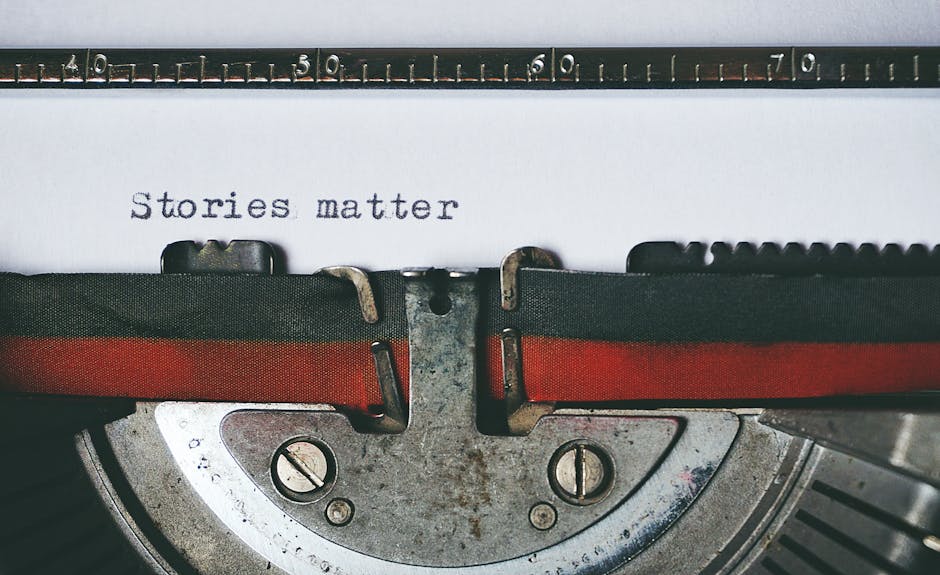The literary world has lost one of its great moral compasses. Ivan Klíma, the celebrated Czech writer whose life and work served as a powerful testament to the resilience of the human spirit against totalitarianism, has passed away at the age of 94. His death marks the end of an era, a final chapter for a man who witnessed the darkest moments of the 20th century and distilled them into profound and unflinching literature.
Forged in the Crucible of History
To understand Klíma, one must understand the crucible of his life. Born in Prague in 1931, his childhood was shattered by the Nazi occupation. As a Jewish boy, he spent three years in the Terezín concentration camp. This early, brutal encounter with institutionalised evil forged in him a lifelong suspicion of absolute power and a deep empathy for the individual caught in the gears of history.
After the war, it was the Communist regime in his beloved Czechoslovakia that became the great adversary of his literary career. Klíma was a committed Communist in his youth, but his faith was irrevocably broken in 1968 with the Prague Spring—a brief, hopeful period of liberalisation that was brutally crushed by Soviet tanks. Klíma was in London at the time but made a momentous choice: he returned to Prague, knowing full well the price of dissent.
The Price of Dissent: The Samizdat Years
That price was two decades of being officially silenced. The state banned his work, and his name was erased from the literary scene. But Klíma could not be silenced. He became a leading figure in the “samizdat” movement—the clandestine, underground world of self-published books typed on flimsy paper, passed hand-to-hand in a courageous act of defiance. During this period, he worked odd jobs as an ambulance driver and a surveyor, all while secretly writing the novels and stories that would later make him world-famous.
His work was not filled with grand, heroic gestures. Instead, Klíma was a master of the mundane, exploring the everyday moral compromises and quiet anxieties that define life under an oppressive system. In books like My Merry Mornings, Love and Garbage, and the monumental Judge on Trial, he explored how a totalitarian state corrodes the soul, asking the difficult question: how does one remain a decent human being when the state demands indecency?
A Conscience for a Nation
Unlike his contemporary Milan Kundera, who left for exile in France, Klíma chose to stay. He became the quiet, unyielding conscience of his nation, a writer who refused to abandon his people or his language.
When the Velvet Revolution swept through Prague in 1989, Klíma was finally free. His banned books were published to great acclaim in his homeland, and he emerged as a vital public intellectual, serving as the President of the Czech PEN Club.
For any nation that understands the long struggle for freedom, Klíma’s story resonates deeply. He reminds us that the fight against tyranny is often waged not on battlefields, but in quiet rooms, with the simple, revolutionary act of writing the truth. His life is a powerful lesson that a state can never truly conquer the independent mind.
The world is poorer for his loss, but richer for the legacy he leaves behind. Ivan Klíma’s voice may be silent, but his words will continue to echo as a timeless warning against the perils of absolute power.




